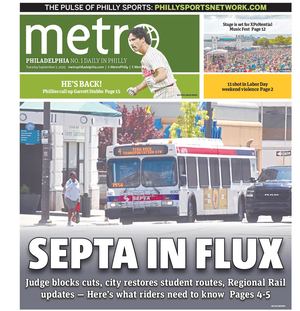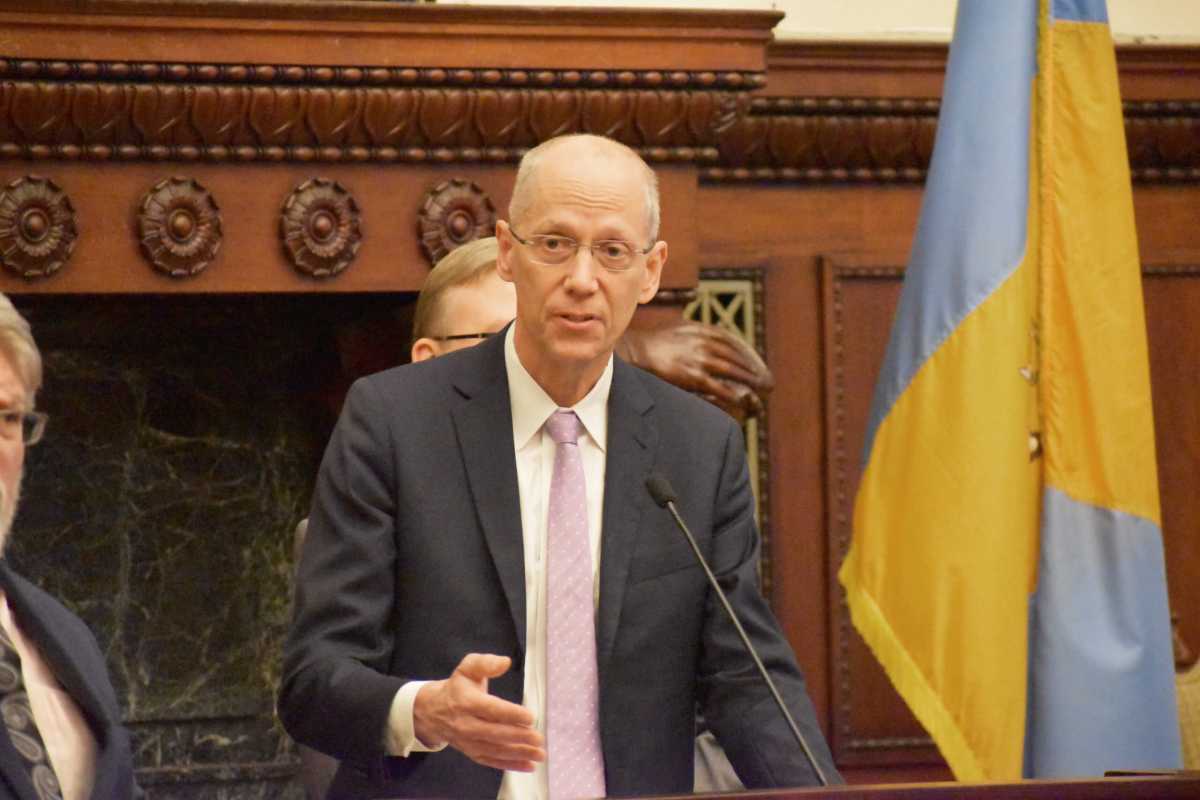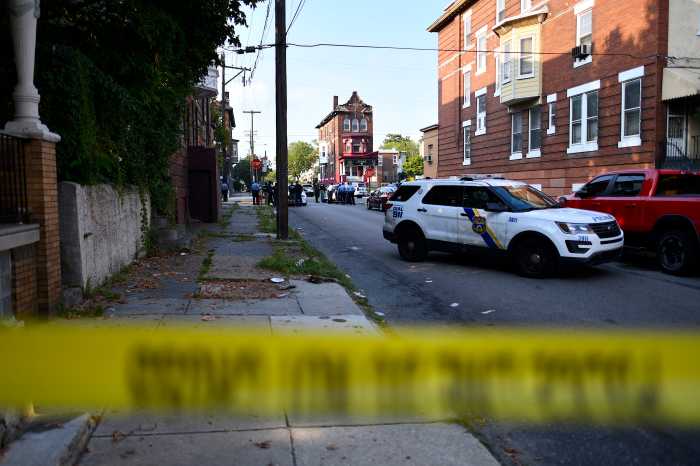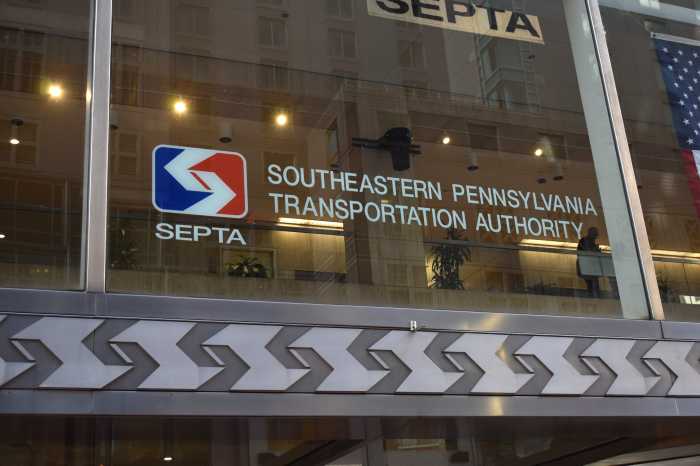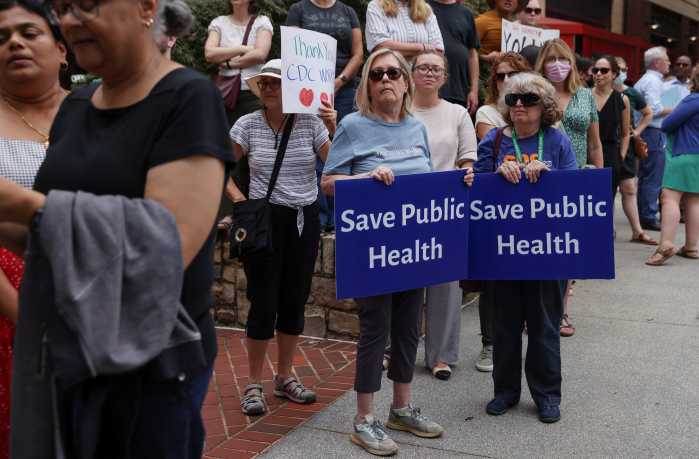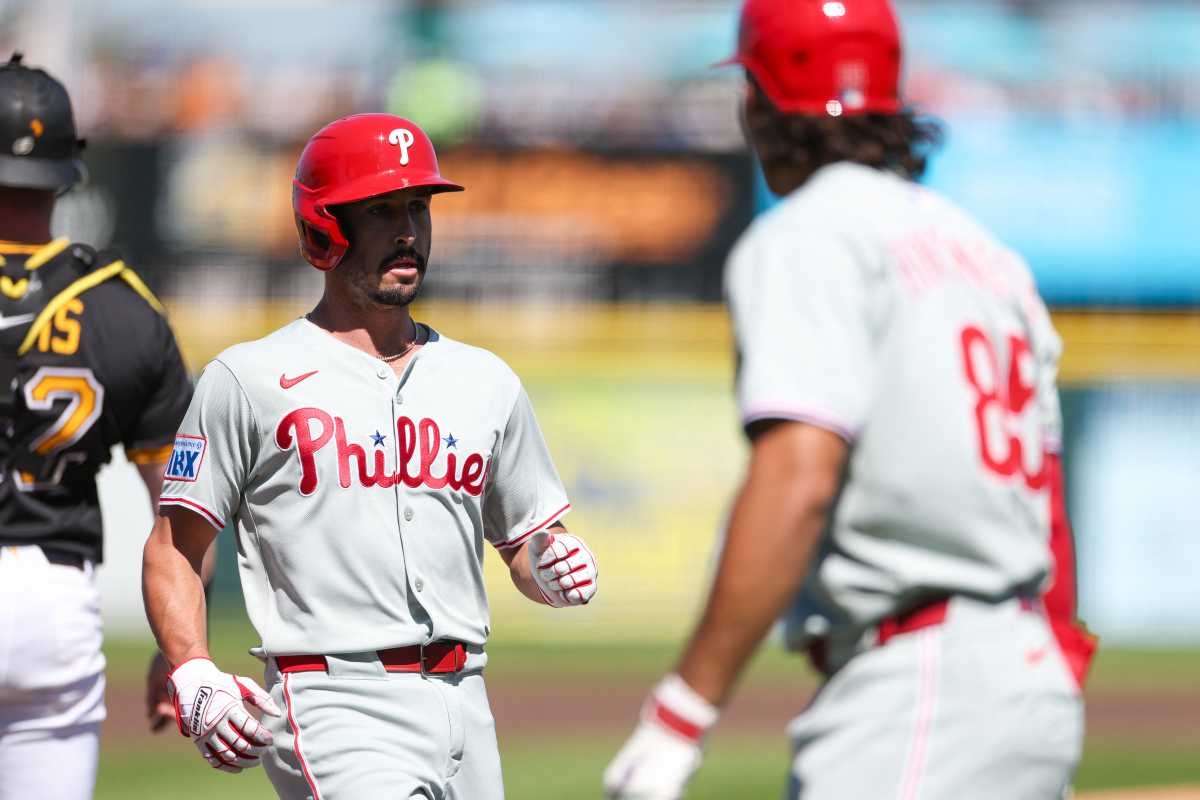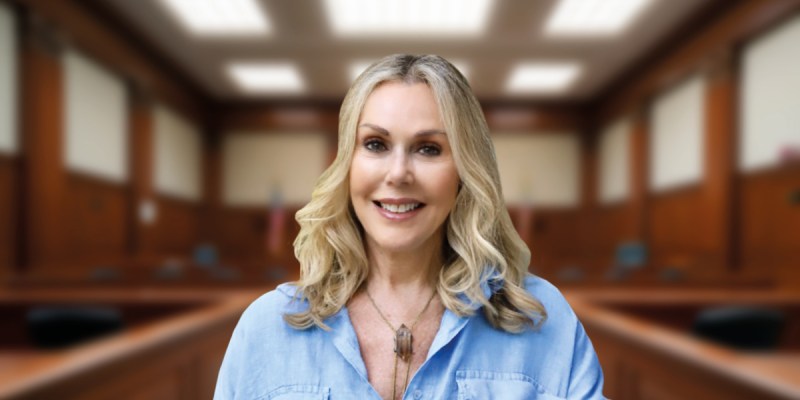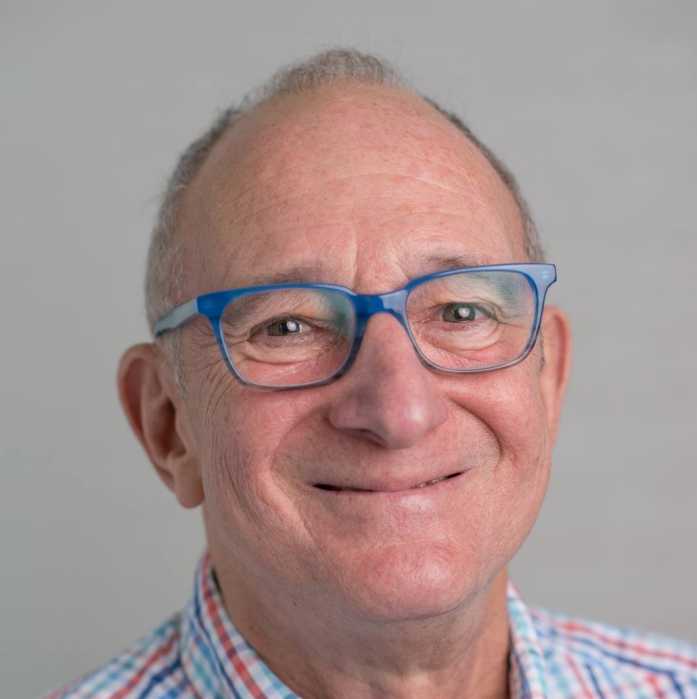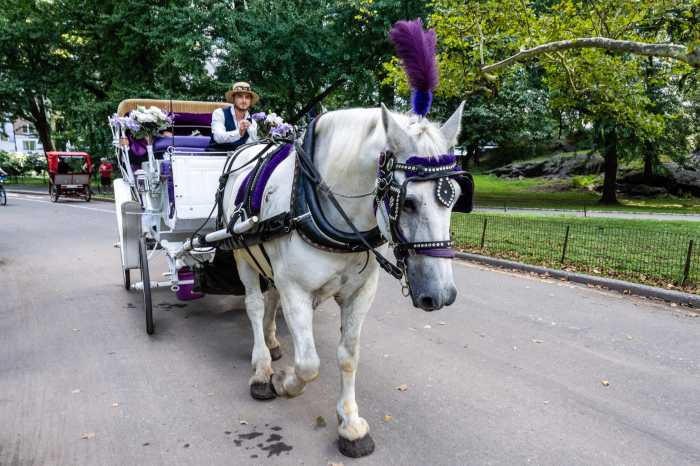Philadelphia’s coronavirus case count passed 10,000 on Tuesday, and the city’s top doctor says it’s “less than half, maybe less than a third” of the number of people who have actually contracted the virus.
Mayor Jim Kenney called it a “rather sobering milestone,” but he also thanked residents for their cooperation and said he is proud of how the city has responded to the pandemic.
“I recognize that hitting 10,000 cases in our city is hard, and it’s very scary,” he said during his daily press briefing. “We all feel that.”
Health Commissioner Thomas Farley said many more people have had COVID-19 but haven’t been tested. Thus far, providers have, for the most part, not been testing people who are asymptomatic and young people who have symptoms but are otherwise healthy.
“We know that we’re only identifying a fraction of the people who have this infection in the city,” Farley said.
The lack of testing is attributed to a nationwide shortage of swabs and chemicals used by labs to process tests.
Testing has been viewed as a key component to reopening the economy, and Farley said he would like to see 5,000 to 10,000 residents tested every day. Right now, between 1,200 and 1,500 people are being tested daily, due to the dearth in supplies, he said.
There’s been a lot of discussion about antibody testing, which could be used to determine whether a person is immune to the virus.
Farley said the city is not recommending those types of tests at the moment because they’re unreliable and difficult to interpret. It will be “at least weeks and perhaps months” before antibody testing is accurate, he added.
Officials reported 475 new COVID-19 cases Tuesday and 24 additional fatalities, bringing the city’s death toll to 394.
Though there’s fluctuations in the daily count, it seems to have leveled off, Farley said. City leaders are hoping to see decreases, however slight, by the end of the week.
“Overall, I say that our level case count is a sign that we’re making progress,” Farley said. “We’re no longer seeing the sharp increases that we saw in the past.”
Farley didn’t provide the number of COVID-19 patients hospitalized, due to reporting issues, but he did say 31 percent of the region’s hospital beds are available and 28 percent of intensive care slots are empty.
As of Tuesday morning, four patients with the coronavirus were being treated at Temple University’s Liacouras Center, which has been turned into a field hospital.
In other COVID-19-related news, the School District of Philadelphia continues to distribute Chromebooks to all students who need one for remote learning.
Students and parents can pick up their laptops Monday through Friday from 9 a.m. to 4 p.m. at the district’s headquarters, 440 N. Broad St., and the annex building of Fitzpatrick Elementary School, 4101 Chalfont Drive.
“Plenty of Chromebooks are available,” Kenney said. “There’s no need to worry that they will run out if you plan your visit for later in the week or next week.”
Earlier this month, Gov. Tom Wolf closed all Pennsylvania schools for the remainder of the scholastic year.
Meanwhile, the school district’s 49 student meal sites will now only be open between 9 a.m. and noon on Thursdays. Recipients will be able to pick up five breakfasts and five lunches per week.
Managing Director Brian Abernathy said the change was made to improve efficiency and reduce the number of trips families need to make out of their homes.
Student meal sites at locations other than public schools, including charter schools and recreation centers, will continue to be open Mondays and Thursdays. The city’s food distribution locations will also still operate twice a week.
